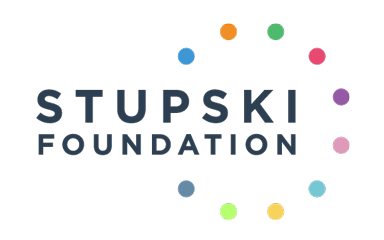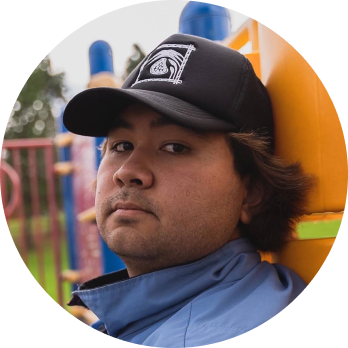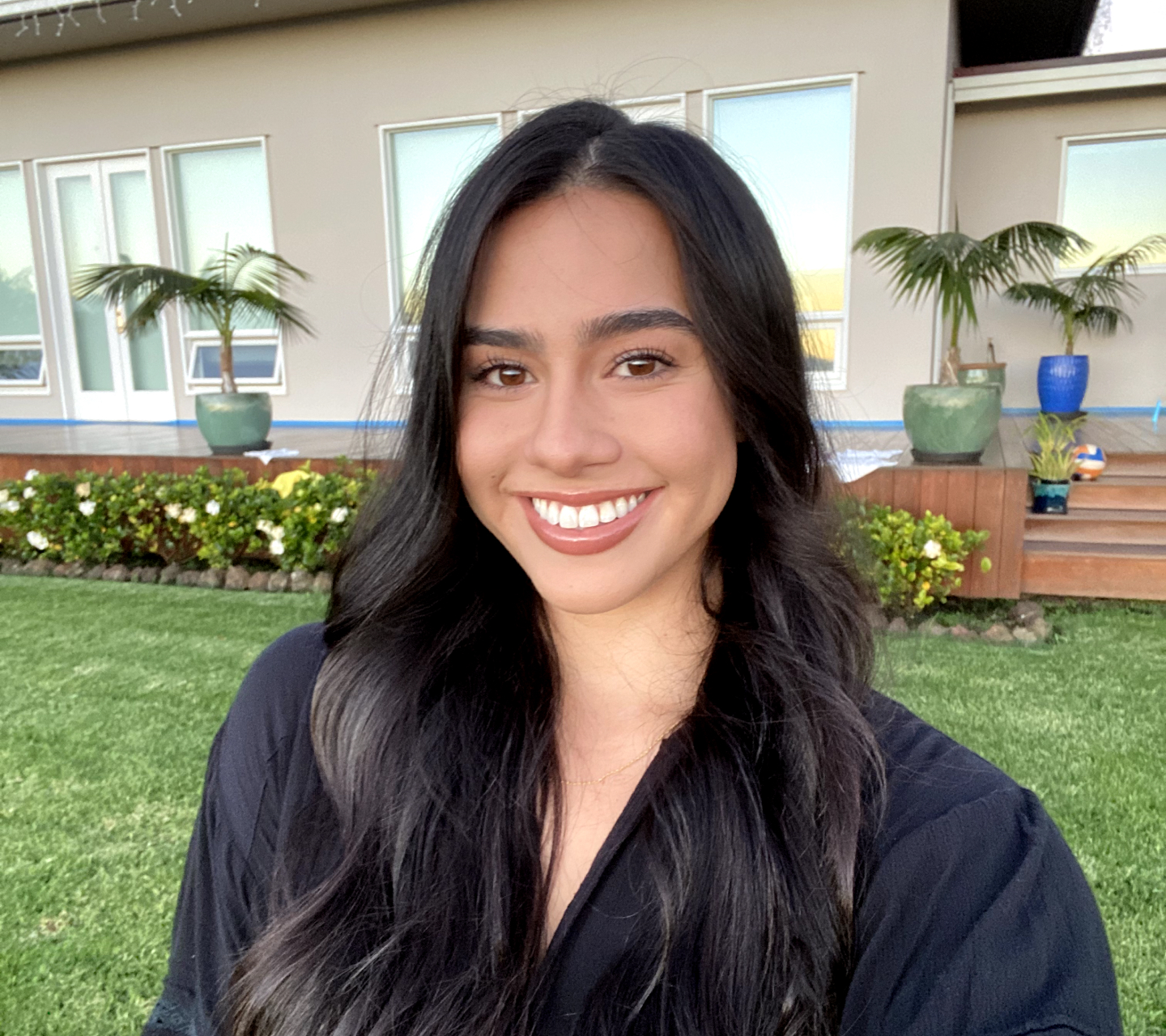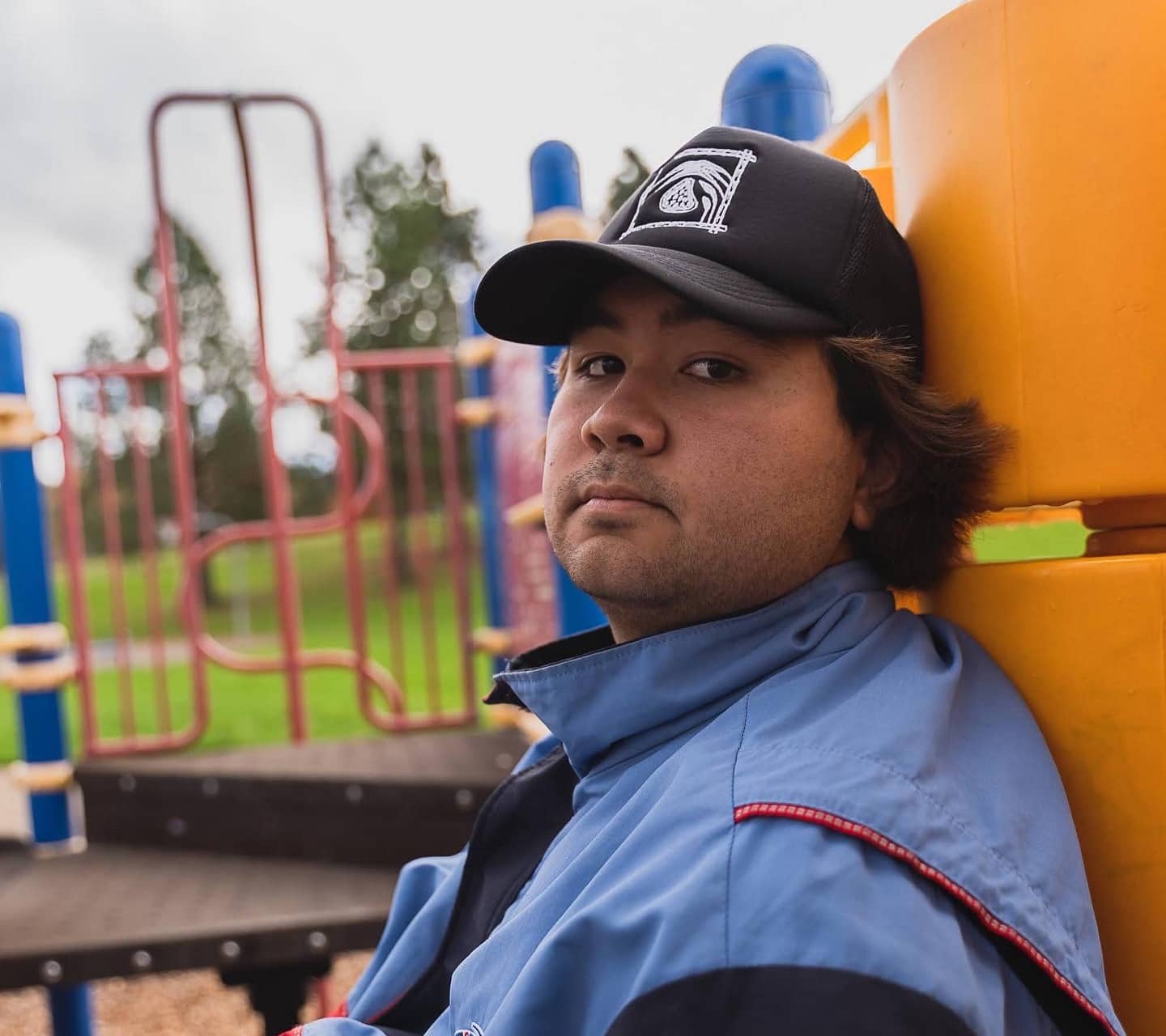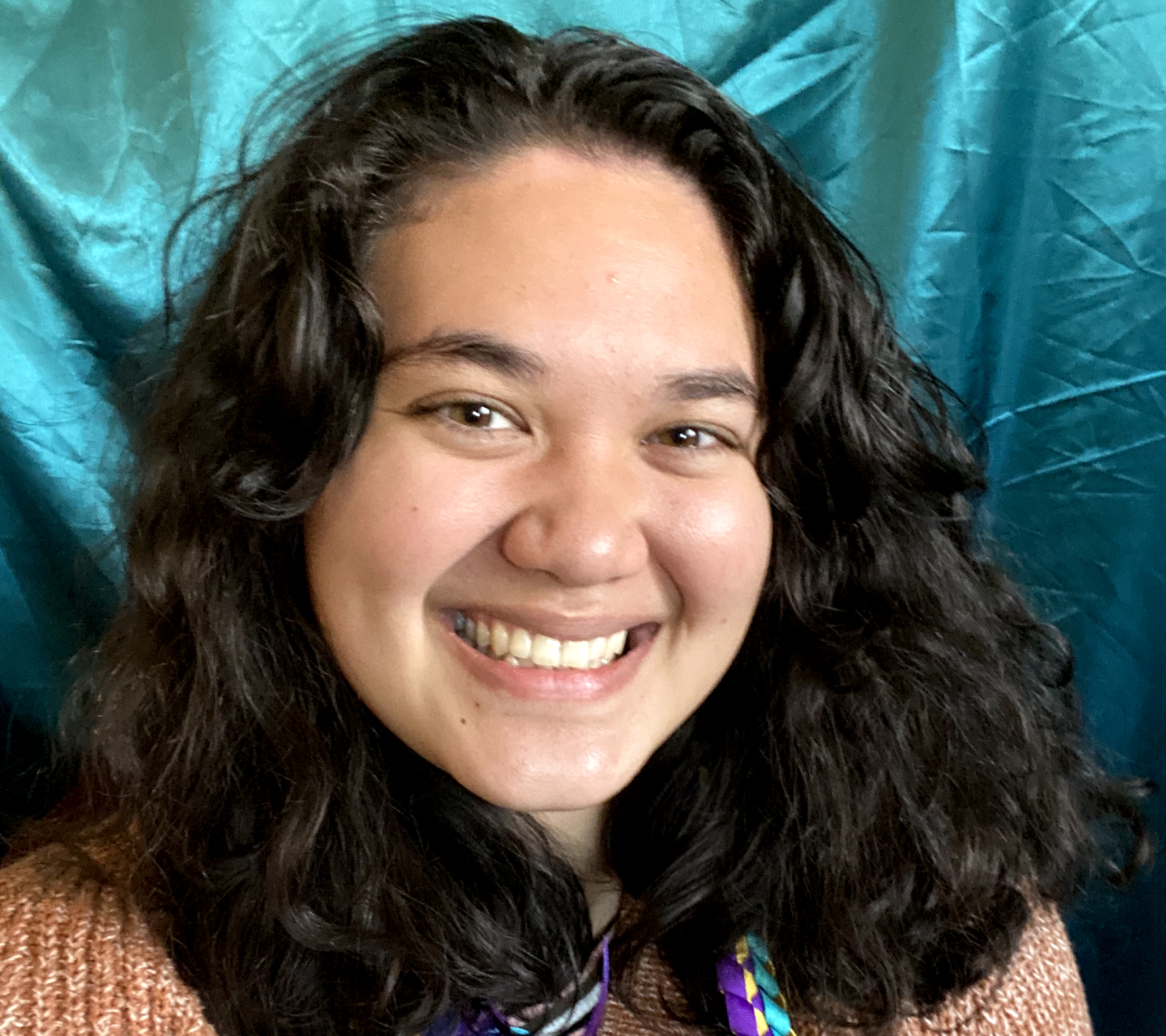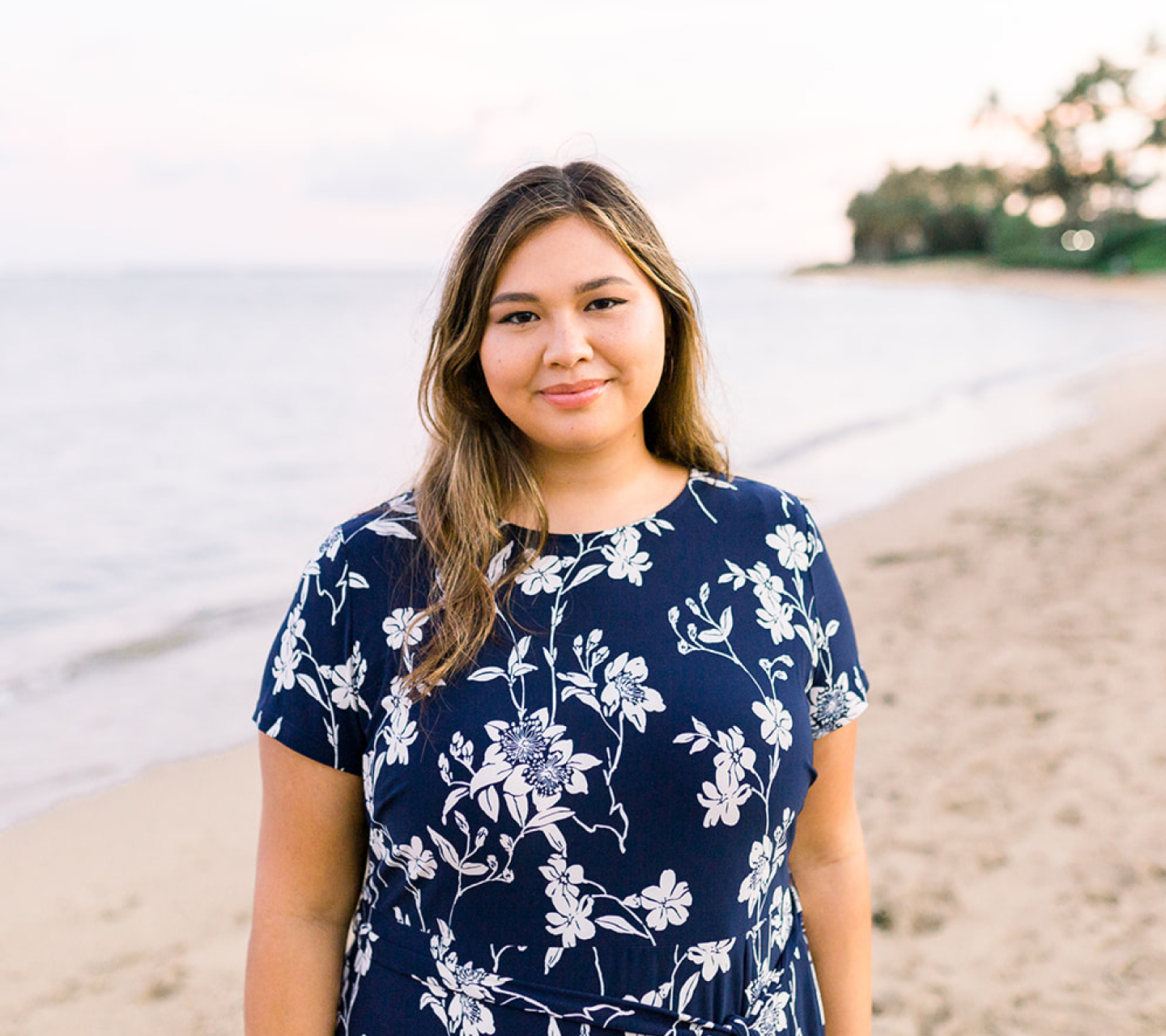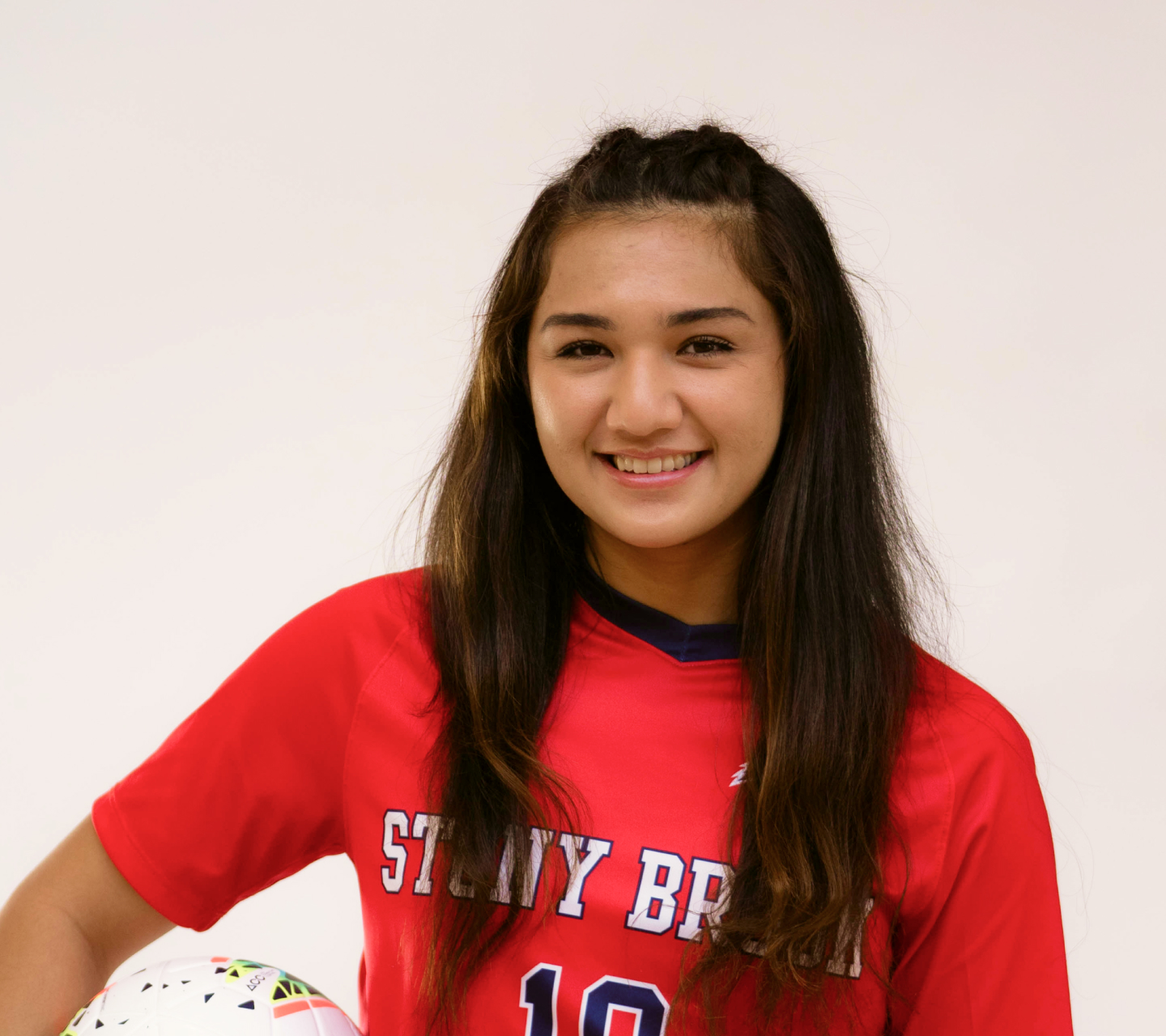There are mentions of suicide, depression, and anxiety. If you or a loved one are struggling or just want to talk to someone for support, help is available. Consider reaching out to one of the organizations below:
- National Suicide Prevention Lifeline: 1-800-273-TALK (8255)
for English, 1-888-628-9454 for Spanish, or Lifeline Crisis Chat online - Crisis Line of Hawaiʻi: 1-800-753-6879, 24 hours a day, seven days a week
- National Alliance on Mental Illness Hawaiʻi Helpline: 1-800-950-6264 or text NAMI TO 741741
- The Trevor Project Lifeline: 1-866-488-7386
Graduation rate increased for the third straight year to 86% in 2020, from 85% in 2019.
College-going rate decreased by 5 percentage points, dropping to 50% in 2021, from 55% in 2020.
StriveHI Statewide Report
Source: DOE Strive HI
Although Hawaiʻi is making promising progress in graduation rates pre-pandemic, there’s a decline in the number of students heading to college. Student stories will highlight some of the major hurdles students are facing now, especially Native Hawaiian students.
“Are most students aware of mental health resources on campus?”
Source: The Chronicle of Higher Education
The conversation surrounding mental health is still stigmatized. However, students do seem aware of the mental health resources on college campuses. Listening to students’ experiences will show which mental health resources work and which need improvement.
Strongly Agree
Agree
Somewhat Agree
Somewhat Disagree
Disagree
Strongly Disagree
I don’t think people realize Polynesians are minorities. We don’t necessarily have the specific resources.

It would be really cool if there was a program that helps students prepare to leave Hawaiʻi.

Emphasis on Community
Whether it’s forming a Hawaiʻi club, playing a sport, or rooming with other students from Hawaiʻi, participants voiced community and peer support as important mental health resources.
Finding and sustaining a community can be very hard. Obstacles like college affordability and microaggressions can prevent students from creating community.
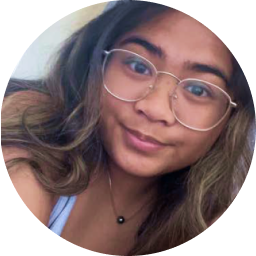
About Me
Hi! My name is Jaya-Lynne Ruiz-Acantilado. I am a post-secondary intern at Stupski Foundation. I would like to thank everyone who has helped and supported me with my project. I’d like to extend a special mahalo to the five student volunteers for sharing their stories. Thank you for listening to their stories.
Meet the Students
Hannah
Maui, Hawaiʻi / Sophomore
“One of my career goals is to come back to Hawaiʻi and serve our community in an area that I believe has a lack of representation and resources.”
Hananiah
Oʻahu, Hawaiʻi / Sophomore
“One thing that I enjoyed most about it (college) was I got to explore and see what the greater world looks like instead of just this bubble of Oʻahu.”
Pumehana
Oʻahu, Hawaiʻi / Sophomore
“I want to write a Hawaiian-esque Percy Jackson-type book, where it focuses on the problems that Hawaiʻi’s facing like homeless, high cost of living, gentrification, all of that.”
Sabrina
Oʻahu, Hawaiʻi / Junior
“I love understanding people. I think it’s really cool to hear people’s stories and build connections.”
Tatum
Oʻahu, Hawaiʻi / Senior
“I want to benefit not only our environment at home but also Native Hawaiians. My main goal in life is to help our people and our home.”
Takeaways
There’s just a loss of community when you go to college, especially off island.
Things that can help students find their worth and value through education are really useful and valuable.
I learned on the East Coast, no one really knows about us as Native Hawaiians and our culture.
I think the opportunities that we have here in Hawaiʻi are very few and far between, and you really have to search for opportunities to go get that postsecondary education.
For a lot of the time, we’re with our grandparents until we’re well into our thirties. And I think it’s just learning how to break that and be able to provide for yourself independently.
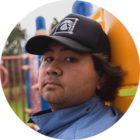
Thought Questions
In places like Hawai’i, it’s usually a community raising a child. Students are not only students, they are also part of the community. Community building and projects help students develop identity, values, and purpose. These skills are beneficial in the postsecondary realm because whether they go off to college or the workforce, they know who they are and have support from the community.
I encourage funders to look at all the islands beyond O’ahu. Each one of the Hawaiian islands is unique to its own community, but there is a lack of resources, especially in the rural communities and Native Hawaiian communities. The students’ stories have shown that there are concerns about housing, financial stability, food insecurity, and mental health.
Some of the students shared that few people on the continent know much about Hawaiʻi. If you are not Native Hawaiian or Polynesian, it is important to acknowledge your positionality as you learn about each community’s past and present realities.
The student stories demonstrate how mental health resources go beyond counseling and how resources can be improved. One student mentioned that she doesn’t have time to access her mental health resources because she is worried about her tuition and financial stability. Another student pointed out that the environment of counseling is not welcoming. Altogether, students have pointed out that the student community has been a major support.
